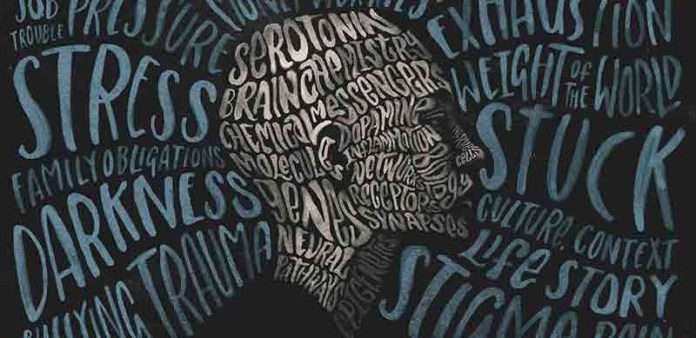Depression, also known as major depressive disorder or clinical depression, is a common but serious mood disorder that makes you feel persistently sad or lack interest in life. Depression affects how you feel, think and behave, and could lead to various emotional and physical problems that affect your well-being.
While most people can feel sad or depressed at times, intense sadness that makes you feel helpless, hopeless and worthless for extended periods, and prevents you from living your life in a normal manner, is considered as a depressive disorder that requires medical attention.
People of all ages, races, ethnicities, and genders can be affected by depression. While women are diagnosed with depression more often, men can also be depressed. And, because men may be less likely to recognize, talk about, and seek help for their feelings or emotional problems, they are at greater risk of depression symptoms being undiagnosed or undertreated.
According to doctors who diagnose mental disorders, you have depression if you have been experiencing five or more of the following symptoms most of the day for at least two weeks in a row:
Feeling sad or anxious, or ‘empty’; Feeling tired or lacking energy; Feeling irritable, frustrated, or restless; Feeling guilty, worthless, or helpless; Feeling hopeless and pessimistic Losing interest in normal activities, at work or in previous hobbies; difficulty focusing, remembering or making decisions; and, persistent thoughts of death or suicide or suicide attempts.
You could also have difficulty sleeping, or oversleeping; losing appetite, or sudden weight gains or losses; having physical aches or pains, headaches, cramps, or digestive problems that do not have a clear physical cause and do not go away with treatment. This could be due to the fact that brain chemicals linked to depression, specifically serotonin and norepinephrine, also play a role in both mood and pain.
While these symptoms are common among people with depression, not everyone with depression will exhibit all the signs or have the same ones. In addition, symptoms of depression can vary with regard to how severe they are, how often they happen, and how long they last. Symptoms may also happen in patterns. For example, depression may come with a change in seasons, a condition formerly called seasonal affective disorder.
Overlooked signs of depression that are often neglected or attributed to other causes, include:
● Going on shopping sprees: For some people who are depressed, it is not uncommon for compulsive buying, whether in stores or on the Internet, to serve as a distraction or self-esteem booster.
● Forgetfulness: Depression may be one reason for feeling foggy or forgetful. Studies show that prolonged depression or stress can raise the body’s levels of cortisol, which can shrink or weaken the part of the brain associated with memory and learning.
● Excessive internet usage: previous research has shown a link between high levels of depression with excessive Internet use and social withdrawal, especially among young people who prefer virtual interactions rather than engage in real-life ones.
● Binge Eating and Obesity: Studies have found that young adults who report being depressed tend to gain weight more around their waist — a risk for heart disease. Other studies have linked depression with binge eating, particularly in middle-age people. Treating depression can help treat these problems.
Researchers and doctors have yet to pinpoint an exact cause for depression. Available evidence suggests that depression could be the result of a combination of factors, including within the body and the immediate environment. Among the elements that could lead to an onset of depression are
● Structure and chemistry of the brain: People with depression seem to have physical differences in their brains from people who do not have depression. Also,chemicals in the brain called neurotransmitters play a role in mood manifestations. Depression could arise if these chemicals do not work the way they should.
● Hormones: Changes in the level of hormones because of pregnancy, postpartum issues, thyroid problems, menopause, or other reasons, can set off depression.
● Genetics: While studies have not yet found genes implicated with depression, research in this field is ongoing. Nevertheless, you are more likely to have depression, if someone you are related to was detected with depression.
Depression, even the most severe cases, can be treated. But it is important to note that no two people are affected the same way by depression, and there is no ‘one-size-fits-all’ treatment. Finding the treatment that works best for you may take trial and error.However, the earlier treatment begins, the more effective it is. Depression is usually treated with medication, psychotherapy, or a combination of the two, or in extreme cases through brain stimulation therapy.

















